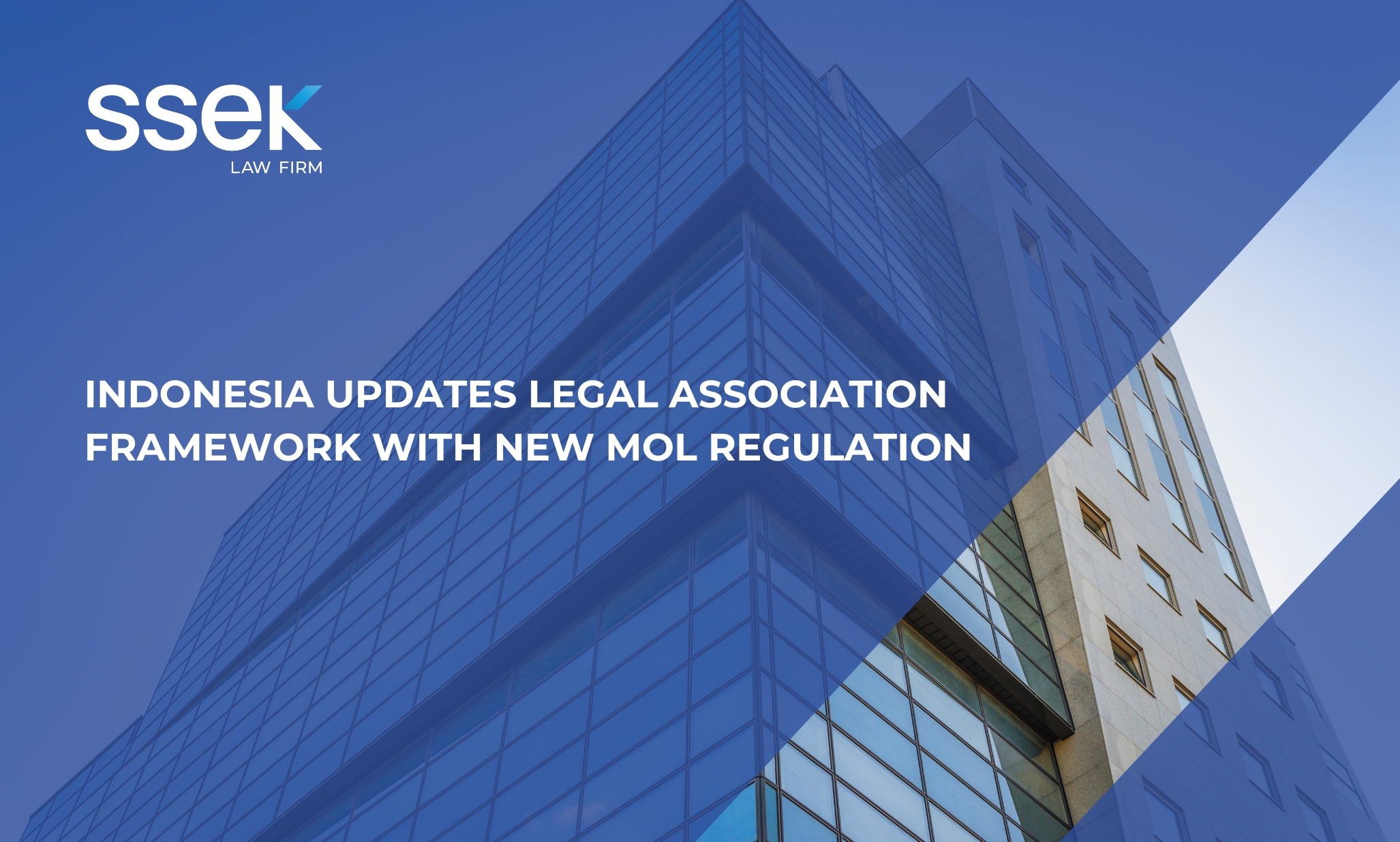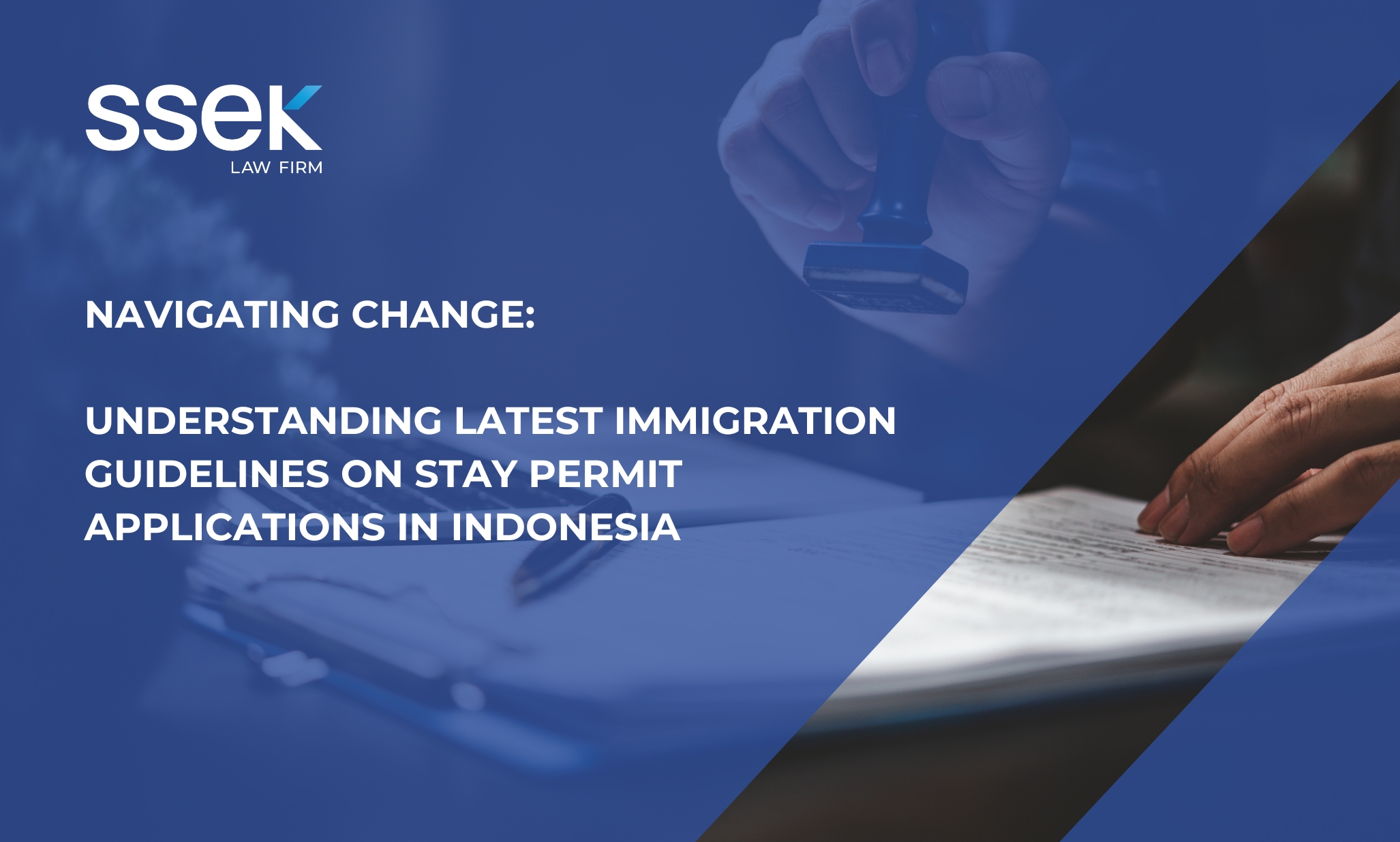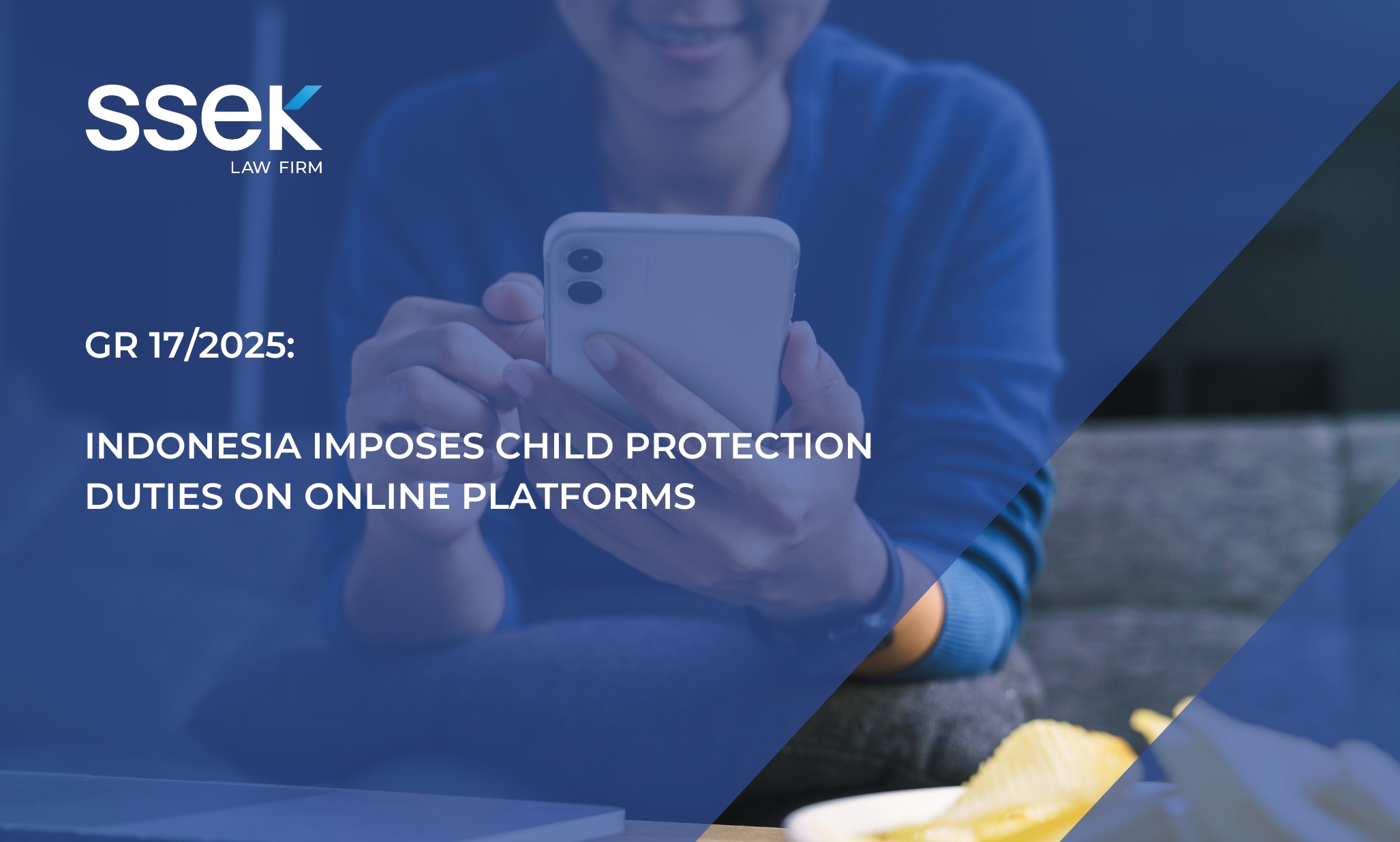

Law No. 17 of 2008 regarding Shipping (the "Shipping Law") provides that a vessel may be arrested by the harbormaster at the relevant port, based on a written court order that is issued if the vessel is involved in a criminal or civil case. The Shipping Law further provides that a court order for a vessel arrest in a civil case relating to maritime claims may be issued without initiating civil court proceedings.
Further provisions on the procedures for vessel arrest at Indonesian ports are supposed to be provided by Minister of Transportation ("MOT") regulation. However, as of the date that this was written, such regulation has not been issued.
As discussed above, the Shipping Law provides that a vessel may be arrested by the harbormaster at the relevant port, based on a written court order that is issued if the vessel is involved in a criminal or civil case. Claims arising from the sale and purchase of a ship constitute a civil case. Thus, the plaintiff in such a case may ask the court to issue an arrest warrant to the harbormaster.
Priority Right
Article 316 of the Indonesian Commercial Code ("ICC") provides that several receivables over a vessel are given priority right, namely (in order of priority):
1. Cost of seizure and auction.
2. Receivables of the vessel master and the crew arising from an employment agreement during their tenure in that vessel.
3. Salvage reward, pilotage cost, signal cost and port cost, and other shipping cost.
4. Collision claims.
Further, Article 316 of the ICC provides that the general priority rights provided under Article 1139 of the Indonesian Civil Code (including but not limited to court fees, rent and reparation fees of a rented object, and salvage costs) do not apply to vessels.
Under the Shipping Law, a party may exercise a maritime lien (referred to as "prioritised maritime receivables") upon claims to receivables for which a vessel acts as a security. Upon such claim against receivables secured by the vessel, the payment of maritime receivables must be prioritised.
The Shipping Law provides that maritime receivables include:
a. Payment of wages, costs, and other payments to the master and crew of the vessel.
b. Payment for death or medical expenses for bodily injuries related to the operation of the vessel.
c. Payment for the salvage of the vessel.
d. Payment of port fees or other shipping routes and pilotage costs.
e. Losses arising out of physical loss or damage caused by the operation of the vessel aside from loss or damage to the cargo, container and baggage.
Article 66 of the Shipping Law provides that payment of maritime receivables shall be prioritised over payment of pledges, mortgage, and registered receivables. This is consistent with the provision of Article 1134 of the Indonesian Civil Code, which provides that certain rights may be prioritised over pledge or mortgage if it is expressly regulated under the law. If there are no prioritised receivables or maritime liens, then a party may file a civil claim to the district court.
Indonesia has also ratified the International Convention on Maritime Liens of 1993, by way of Presidential Regulation No. 44 of 2005.
There is no mandatory type of security under Indonesian law. However, in practice, a bank guarantee or corporate guarantee is more commonly used than a P&I letter of undertaking.
Indonesia does not recognise counter security (i.e., the act of putting a certain sum of money as security in exchange for vessel arrest). If a ship arrest is granted, the only way to revoke the arrest is by a court order, which will only be granted if the underlying claim is resolved.
Indonesian law does not expressly regulate the preservation of maritime assets during a period of arrest. As such, the only way to preserve the value of a maritime asset is to resolve the maritime claim so that the arrest can be revoked.
This is an excerpt from The International Comparative Legal Guide to: Shipping Law 2020.
This publication is intended for informational purposes only and does not constitute legal advice. Any reliance on the material contained herein is at the user's own risk. All SSEK publications are copyrighted and may not be reproduced without the express written consent of SSEK.









